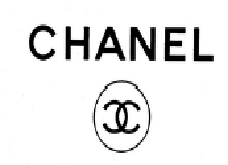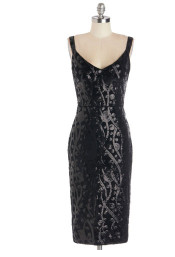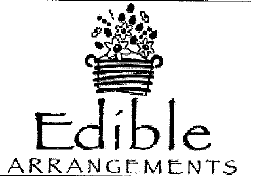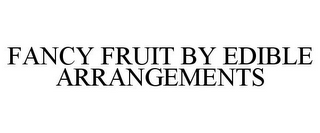
Indianapolis, Indiana – Indiana trademark attorneys for HRHH Hotel/Casino, LLC and HRHH IP, LLC, both of Las Vegas, Nevada (collectively, “HRHH”), commenced a trademark lawsuit in the Southern District of Indiana alleging that Bella Vita, LLC, Henri B. Najem, Jr. and 10 unknown defendants, all of Indiana, infringed various trademarks belonging to HRHH.
The HRHH entities together claim ownership to the Hard Rock Hotel & Casino Las Vegas located in Las Vegas, Nevada, along with certain intellectual property rights used in connection with that establishment.
HRHH contends that it created a daytime pool party held at the Hard Rock Hotel & Casino Las Vegas known as the “Rehab Pool Party” or simply “Rehab”. The Hard Rock Hotel & Casino Las Vegas indicates that the Rehab Pool Party was first held in 2004 and that the Rehab Pool Party is still being held regularly. HRHH asserts that its Rehab Pool Party has become famous and that it has licensed the REHAB marks to third parties for clothing and other merchandise.
Bella Vita, an Indianapolis provider of restaurant, bar and related entertainment services, has been accused of organizing and hosting weekly pool parties that are confusingly marketed as “Rehab+ Sundays”.
This federal lawsuit has brought under trademark and anti-dilution laws of the United States, 15 U.S.C. § 1051, et seq., the trademark laws of the State of Indiana, Ind. Code § 24-2-1, and under the statutory and common law of unfair competition. The trademarks at issue, all of which have been registered by the U.S. Trademark Office, are as follows:
• Trademark Registration No. 3,873,673 REHAB
• Trademark Registration No. 4,524,097 REHAB
• Trademark Registration No. 4,611,979 REHAB RX
• Trademark Registration No. 3,182,848 Rxehab
• Trademark Registration No. 4,615,774 Rxehab• Trademark Registration No. 3,170,859 Rxehab
In the complaint against Bella Vita, its managing member Najem and the unnamed Does, Indiana trademark lawyers for Plaintiffs assert the following causes of action:
• False Designation of Origin and Unfair Competition – 15 U.S.C § 1125(a)
• Trademark Infringement – 15 U.S.C. § 1114, Ind. Code § 24-2-1-13, and Common Law
• Dilution – 15 U.S.C. § 1125(c)• Unfair Competition
Plaintiffs ask the court for a finding that Defendants have engaged in trademark infringement, trademark dilution and unfair competition; for injunctive relief; for a finding that HRHH is the exclusive owner of the REHAB Marks and that such marks are valid and protectable; for an award of damages and profits earned as a result of infringing activity; for punitive damages; and for an award of interest, costs, expenses, and reasonable attorneys’ fees.
 Indiana Intellectual Property Law News
Indiana Intellectual Property Law News













